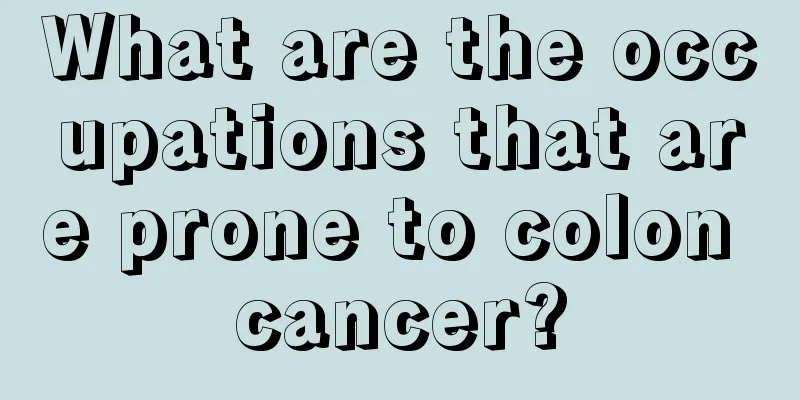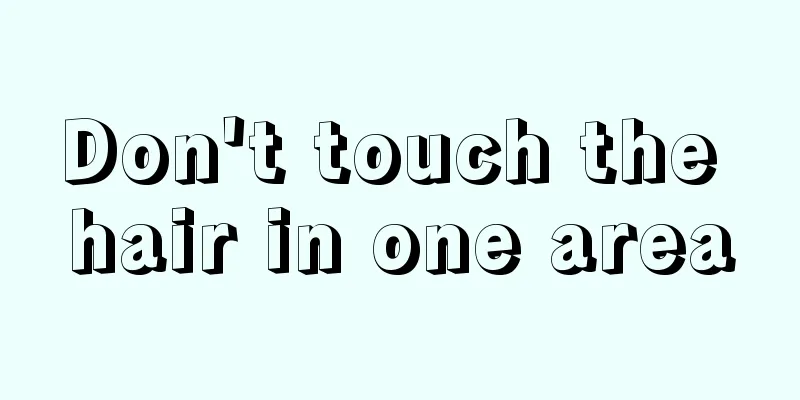What are the masticatory muscles?

|
The chewing function is vital to people's survival. Chewing can help people divide food and make it easier to digest. Chewing requires strong muscle strength to achieve. Therefore, the chewing muscles are also a very important part of the face. The chewing muscles are also a relatively complex collection, consisting of multiple separate muscle parts. Let's take a look at what the chewing muscles include? I hope everyone can understand it. There are four pairs of chewing muscles: masseter, temporalis, lateral pterygoid and medial pterygoid. They are strong and powerful, distributed around the mandibular joint. When contracted, they pull the mandible and perform chewing movements. Anatomy and composition The masticatory muscles are located between the mandible below and the temporal bone, maxilla, zygomatic bone and sphenoid bone above. They are the main muscles that move the temporomandibular joint for chewing. The masticatory muscles arise from the primary muscle mass of the mandibular arch, are innervated by the mandibular nerve branch of the trigeminal nerve, and are supplied with blood by the branches of the maxillary artery and the superficial temporal artery. The muscles of mastication include the masseter, temporalis, lateral pterygoid and medial pterygoid. Masseter The masseter muscle is rectangular in shape and extends along the entire length of the inferior border and medial surface of the zygomatic arch. Its muscle bundles can be divided into three layers, and the anterior parts of the three layers are connected to each other. ① After the layer moves downward, it stops at the lower half of the mandibular angle and the outer side of the mandibular ramus; ②The middle layer runs downward and ends at the middle part of the outer side of the mandibular ramus; ③The deep layer ends at the upper part of the outer side of the mandibular ramus and the coronoid process. There is a certain amount of cross-talk between the middle and deep muscle bundles. The masseter muscle is innervated by the masseteric nerve from the anterior trunk of the mandibular nerve. Function: Lifts the mandible during chewing, has little effect when at rest. Temporalis muscle The temporalis muscle is fan-shaped and originates from the temporal bone and deep surface of the temporal fascia in the temporal fossa. The muscle bundles converge downward and migrate to become tendons, passing through the deep surface of the zygomatic arch and ending at the tip, lateral surface, anterior edge and posterior edge of the coronoid process of the mandible. This muscle is innervated by the deep temporal nerve from the anterior trunk of the mandibular nerve. Function: Lifts the mandible upward and pulls it backward; participates in the lateral movement of the temporomandibular joint. Lateral pterygoid muscle The lateral pterygoid muscle is short, thick, and has two heads, arising from: ① Below the greater wing of the bone, ②The lateral surface of the lateral plate of the pterygoid process of the sphenoid bone. The muscle bundle runs posteriorly and outwards, inserting into the pterygoid groove in front of the mandibular neck and the joint capsule and articular disc of the temporomandibular joint. This muscle is innervated by branches of the anterior trunk of the mandibular nerve. Function: Pull the mandibular head, joint capsule and articular disc forward; the muscles on both sides contract simultaneously, resulting in opening of the mouth and protrusion of the mandible; the unilateral muscles contract (simultaneously with the medial pterygoid muscle on this side) to turn the chin to the opposite side. The muscles on both sides contract alternately in this way to complete the chewing movement. |
<<: How much water should I put in when washing my face with white vinegar
Recommend
Can hysteroscopy detect endometrial cancer? Yes
Hysteroscopy can detect endometrial cancer, but h...
Can a blood test detect nasopharyngeal cancer? What are the best tests for nasopharyngeal cancer?
In recent years, the incidence of nasopharyngeal ...
How should gastric bleeding be treated?
The stomach is a particularly important organ for...
Who is Pu'er tea suitable for?
Pu'er tea is suitable for children, teenagers...
How to cook kelp to make it soft? 6 tips to remember
Kelp is a common food in daily life. Eating kelp ...
What are the causes of lung cancer
Lung cancer is a killer of our body, and it serio...
Chemical properties of Hydroxypropyl Methylcellulose
Hydroxypropyl methylcellulose is a non-ionic cell...
What's going on when I feel panic, heartbeat, and dizziness?
Today’s social life is fast-paced and work pressu...
What is the cause of vomiting blood due to gallbladder cancer
Experts say that many patients with gallbladder c...
What is the correct way to measure blood pressure?
China's population aging is becoming more and...
My stomach hurts like a stitch in the side in early pregnancy
Pregnancy is a process that most women must go th...
Daily disposable contact lenses
When walking on the street, you will see that 50%...
How to solve the sequelae of radiotherapy for lymphoma
Lymphoma is a common malignant tumor, and its occ...
The clinical significance of elevated ferritin
Everyone has ferritin in their body, and its main...
Is it easy to diagnose early uterine cancer?
Uterine cancer is a very serious gynecological di...









